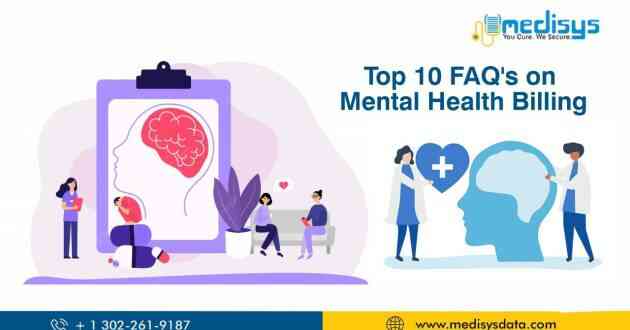Different Psychotherapies To Help With Sleep Disturbances

Psychotherapy helps improve mental health for individuals dealing with psychological and physiological sleeping
Psychotherapy can be a valuable tool in improving mental health for individuals dealing with psychological and physiological problems that affect sleep and overall well-being. This article explores a diverse array of psychotherapies that can be instrumental in enhancing overall well-being by addressing the intricate relationship between mental health and sleep
Types of psychotherapies addressing Mental Health:
Cognitive-Behavioral Therapy (CBT):
CBT helps individuals identify and challenge negative thought patterns and behaviors. It can be effective in managing anxiety and depression, which often accompany sleep disruptions caused by physiological issues.
Acceptance and Commitment Therapy (ACT):
ACT focuses on acceptance of difficult thoughts and emotions and commitment to values-based actions. It can be beneficial in helping individuals come to terms with chronic pain or discomfort associated with physiological problems while improving mental health.
Mindfulness-Based Cognitive Therapy (MBCT):
MBCT combines mindfulness meditation techniques with CBT. It can be especially helpful for those dealing with chronic pain or sleep disorders by increasing awareness and reducing reactivity to symptoms.
Interpersonal Therapy (IPT):
IPT is effective for individuals facing relationship challenges or changes in social roles due to chronic illness or other physiological issues. It helps improve communication and manage emotional responses.
Dialectical Behavior Therapy (DBT):
DBT is often used for individuals with emotional dysregulation, such as those with borderline personality disorder. It can help people manage intense emotions triggered by physiological problems and improve their coping skills.
Supportive Psychotherapy:
Supportive therapy provides a safe and non-judgmental space for individuals to express their feelings and concerns. It can be essential for individuals dealing with chronic illness, offering emotional support and coping strategies.
Sleep-Specific Therapies:
Therapies specifically designed to address sleep problems can be beneficial. These include Cognitive-Behavioral Therapy for Insomnia (CBT-I), which focuses on improving sleep habits and addressing the psychological aspects of insomnia.
Psychoeducation:
Educating individuals about their specific physiological problems and their impact on mental health can empower them to better manage their conditions and emotional responses.
Family or Couples Therapy:
For individuals whose physiological issues affect their relationships, family or couples therapy can be valuable in improving communication and understanding among family members or partners.
Integrative or Holistic Approaches:
Integrative psychotherapies combine traditional approaches with complementary practices like relaxation techniques, biofeedback, or mindfulness to address both physiological and mental health issues.
Summing Up:
The choice of psychotherapy should be tailored to the individual’s needs and the specific physiological problems they are experiencing. It is often most effective when integrated into a broader treatment plan that may include medical interventions, lifestyle changes, and other support systems to enhance overall well-being. To explore more resources on mental health and well-being, Imperfect is your solution.
-Urveez Kakalia.


